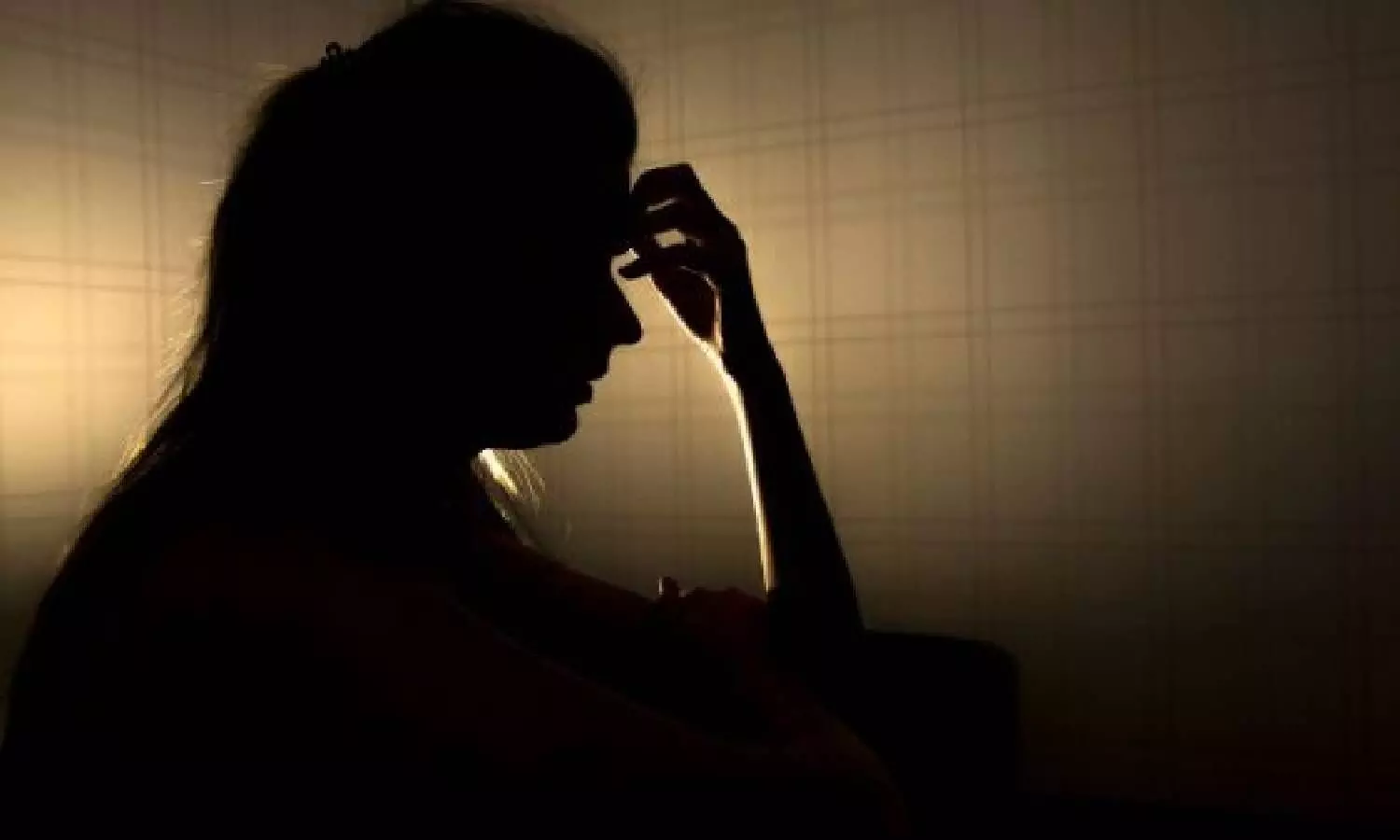Major prostitution racket busted in Hyd, Radisson Hotel manager among 17 arrested
Five cases have been registered against the accused persons under the Immoral Traffic (Prevention) Act 1956.
By Newsmeter Network
Hyderabad: The anti-human trafficking unit of the Cyberabad police busted a major prostitution racket in the city on Tuesday and arrested 17 persons, including Rakesh, the manager of Radisson Hotel. The gang is responsible for 70% of trafficking and prostitution cases in Cyberabad and Hyderabad commissionerates, according to the police.
Manager, Raddison hotel
Five cases have been registered against the accused persons under the Immoral Traffic (Prevention) Act 1956. These cases have been registered at Gachibowli, Miyapur, Kukatpally, and Madhapur police stations.
According to the police, around 14,190 victims from AP, Telangana, Karnataka, Delhi, Mumbai, Kolkata, Assam, Bangladesh, Nepal, Thailand, Uzbekistan, and Russia were involved in the racket. Half of the victims are from West Bengal, followed by 20% from Karnataka, 15% from Maharashtra, 7% from Delhi, 5% from other states, and 3% from other countries, they said.
The accused men used to contact customers through call centers operating from Delhi, Bangalore, and Hyderabad and through WhatsApp. They helped the customers reach the victims in different hotels and Oyo rooms, the police said.
Around 39 cases were previously registered against the organisers in Cyberabad and Hyderabad commissionerates, and in most of those cases, they were absconding. "The accused are well-known organisers and absconding in ITP Act cases from Madhapur, Raidurgam, Gachibowli, Kukatapally, KPHB, Miyapur, Sanathnagar, SR Nagar, Abids, and Bowenpally police stations. They are responsible for 70% of trafficking and prostitution cases in Cyberabad and Hyderabad commissionerates," said the Cyberabad commissioner of police. The police said the PD Act will be initiated against repeated offenders and organisers.
The police also seized 34 smartphones, one keypad phone, three cars, one laptop, and 2.5 grams of MDMA from them.
How did the gang operate?
First, the broker (or the supplier) approached the victim and put her photos on the organisers' WhatsApp groups. The organisers then selected the victims' photos and booked hotel and flight tickets for the victims. Thereafter, the victims came to the hotels. The organisers also uploaded their photos on WhatsApp groups and websites like Locanto, Skokka, Heaven Models, etc.
After seeing the ads, customers called the WhatsApp number or sent a message. The call centre agent guided the victim to the hotel room and then informed the organiser about the same.
The payments were made in cash or through PhonePe, Google Pay, or Paytm. According to the police, the organisers paid 30 % to the victim, 35% to the call centres and persons who posted the ads, and 35% went to the organisers. If the organiser was doing business through WhatsApp alone, then they paid 30% to the victim and took the remaining 70%.